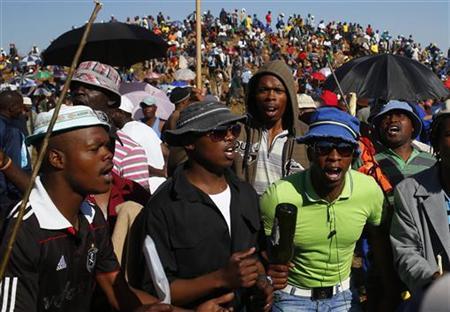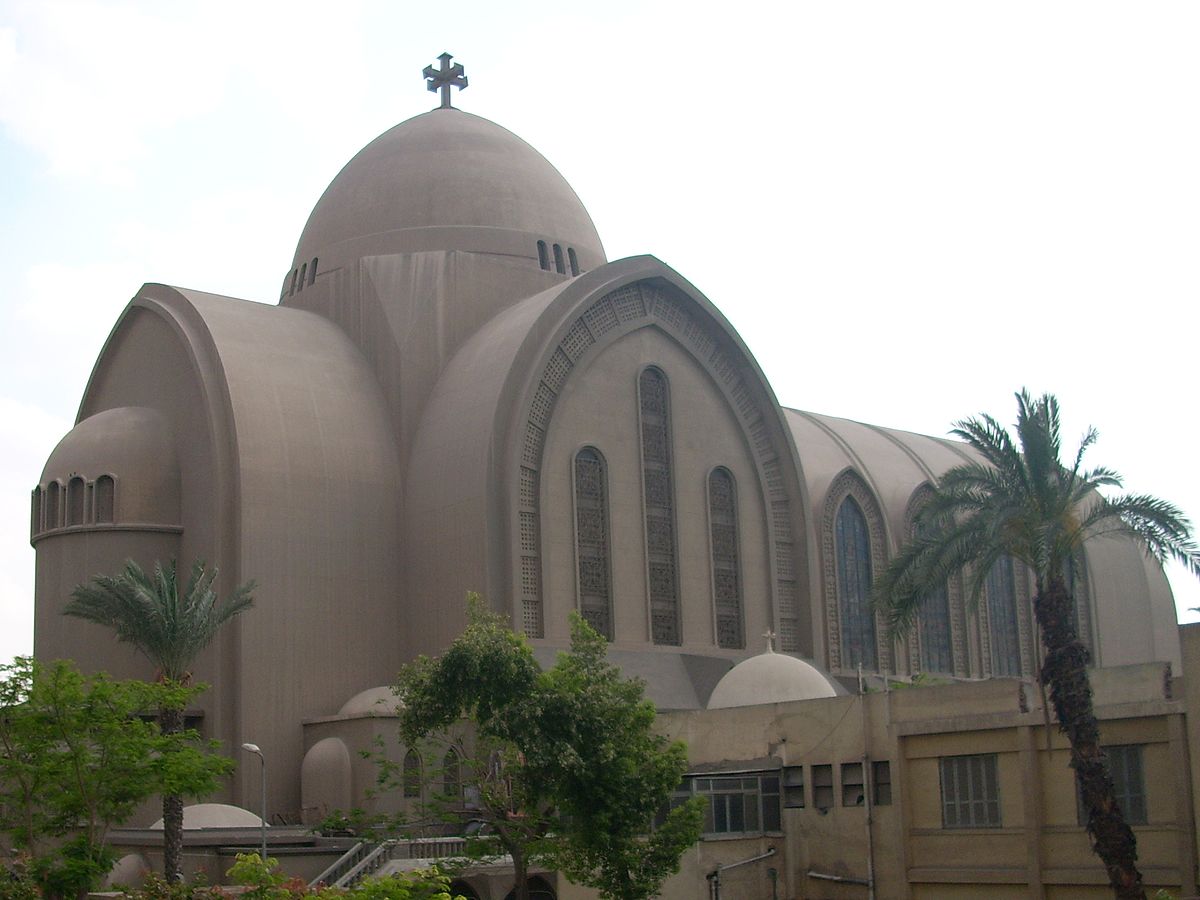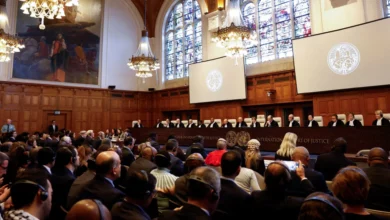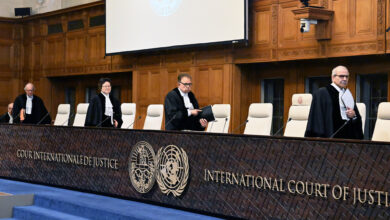
Toyota Motor Corp said it had been forced to shut its South African car factory for four days because of an illegal pay strike, the first sign of wildcat mine stoppages spreading into other parts of Africa's biggest economy.
Trade union leaders at the Japanese car giant's Durban plant said workers would return on Friday after winning a 5.4 percent pay rise inspired in part by a hefty increase won last month by strikers at Lonmin's Marikana platinum mine.
"The circumstances are not the same as what is happening in the mines," said Mbuso Ngubane of the National Union of Metalworkers of South Africa (NUMSA).
"But it does send a message. It does have an impact to some extent on other workers getting agitated."
After two months of unrest, at least 75,000 miners, or 15 percent of the sector's workforce, are on strike, compounding already sluggish growth just three months before an internal leadership vote in the ruling African National Congress (ANC).
President Jacob Zuma is the favorite to win re-election, teeing him up for a second five-year term in 2014, but the turbulence strengthens the hand of those who say he is unfit to run a sophisticated emerging economy.
Zuma has been criticized for his relatively low-key response to the crisis, including the August 16 police killing of 34 strikers at Marikana — the bloodiest police action in the post-apartheid era.
In a speech to business leaders on Thursday he sought to play down the negative impact of the strikes.
"We should not seek to portray ourselves as a nation that is perpetually fighting," he said.
"Some may become pessimistic when … tragic incidents such as Marikana take place. There's no reason to be despondent. We have the capacity to overcome difficulties when we work together as South Africans."
On Thursday, Kumba Iron Ore, one of the world's top 10 producers, said it had suspended production at its huge Sishen mine after striking employees blocked access to the pit.
Wildcat industrial action at the world's top platinum producer, Anglo American Platinum (Amplats), spread from its four mines near Rustenburg, 120 km northwest of Johannesburg, to three mines 100 km further north, a union official said.
Police near Rustenburg used teargas and a water cannon on Thursday to disperse protesters who were hurling stones and burning tires. Thulani Ngubane, a local police spokesman, told Reuters that no one had been arrested or injured.
Local radio said about 2,000 striking workers had taken part in the protest, but Ngubane disputed that, saying only around 150 people had been present. He said they were members of the community, not strikers.
The seven Amplats plants account for a quarter of global supply of the precious metal, whose price has risen more than 22 percent since the Marikana killing.
Overnight, police said suspected wildcat strikers had burnt down two conveyors and a training center at an Amplats mine in Rustenburg.
Back to the table
South African gold producers AngloGold Ashanti and Gold Fields said on Thursday they had agreed to reopen wage talks for entry-level workers, a sign they may be moving closer to resolving costly strikes.
But talks to end a legal strike by more than 20,000 truck drivers collapsed after unions rejected an offer of an 18 percent pay rise over two years, the Road Freight Employers' Association said.
Fuel suppliers are having to use police convoys to prevent drivers being attacked by gangs trying to enforce a blockade that is putting petrol stations at risk of running dry.
Although South Africa's racially-polarized labor market is prone to industrial action, the aftermath of the so-called "Marikana massacre" has blown apart normal negotiating procedure and exposed the weakness of established unions.
The Congress of South African Trade Unions (COSATU), a close ally of the ANC, is in talks with the big mining houses to try to stop the strikes.
"This, we hope, will save collective bargaining, save industrial relations in the country while at the same time bringing workers and their demands on board," COSATU General Secretary Zwelinzima Vavi said.
But COSATU is making little headway after losing much of its influence in the last 12 months.
"You are going to see quite a lot more of these wildcat strikes," said Chris Hart, chief strategist at asset managers Investment Solutions.
"Despite there being a whole lot of issues which are separate and distinct from Marikana, there is a sense that if you go on the rampage outside the collective bargaining system you get more benefits."
Fallout from the unrest in the mines, which account for 6 percent of GDP, has put pressure on the rand, which has fallen towards a three-year low against the dollar. It has also fuelled concern about growth, forecast by the government at 2.7 percent this year.




